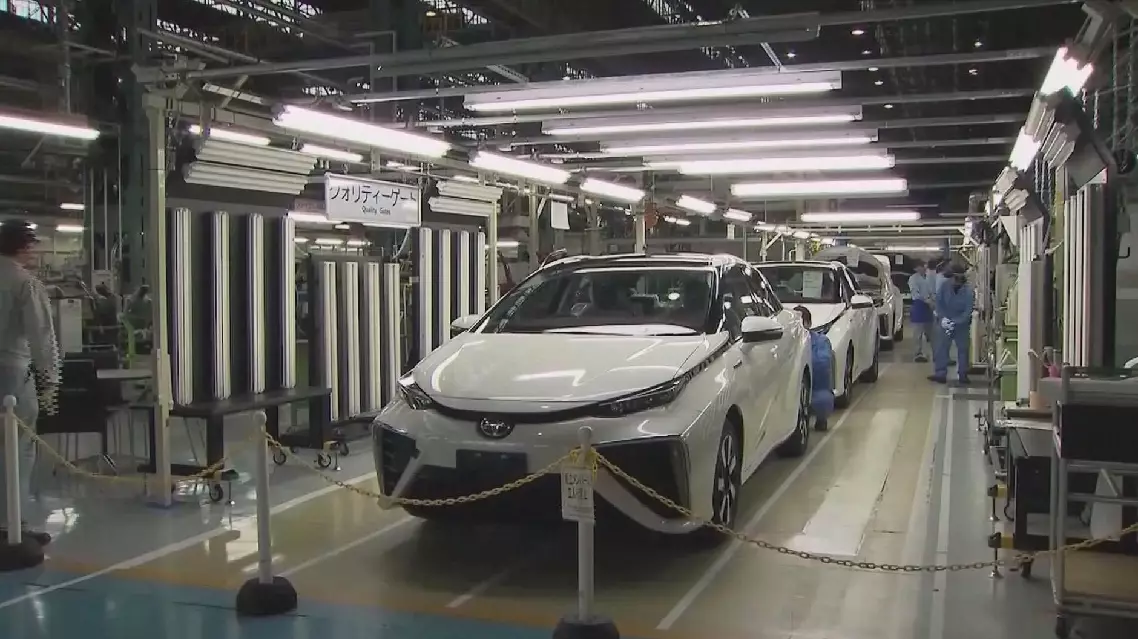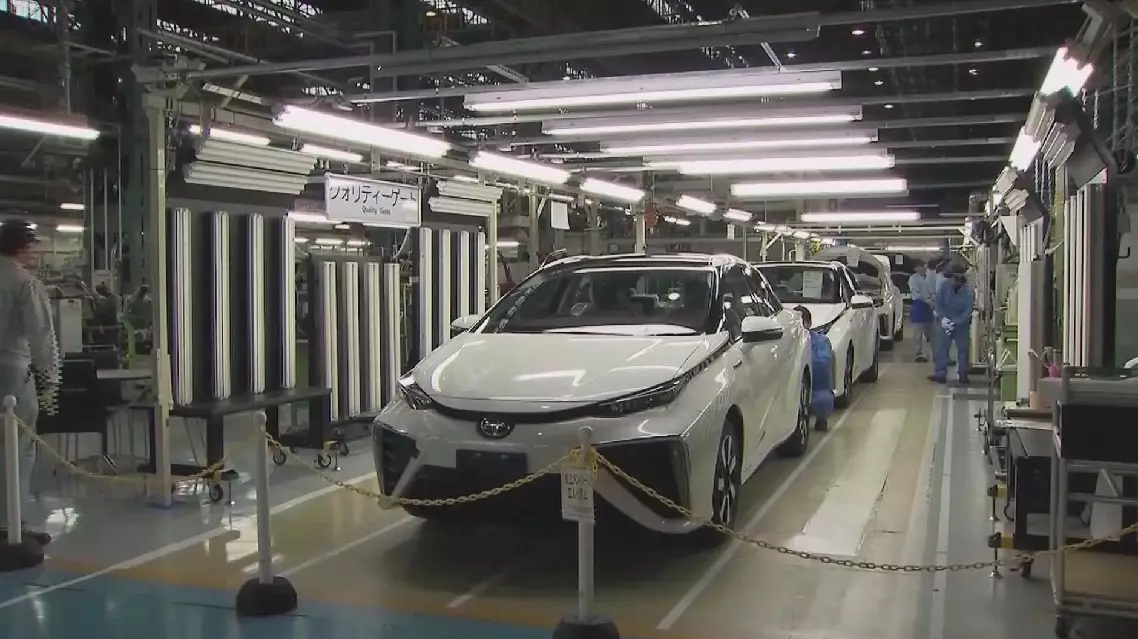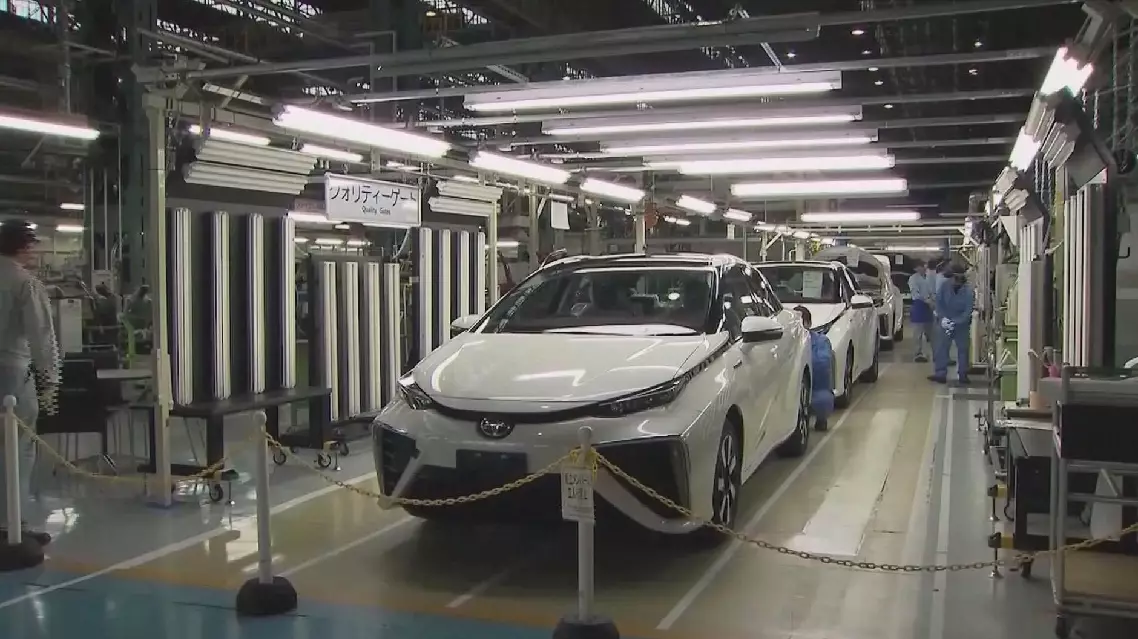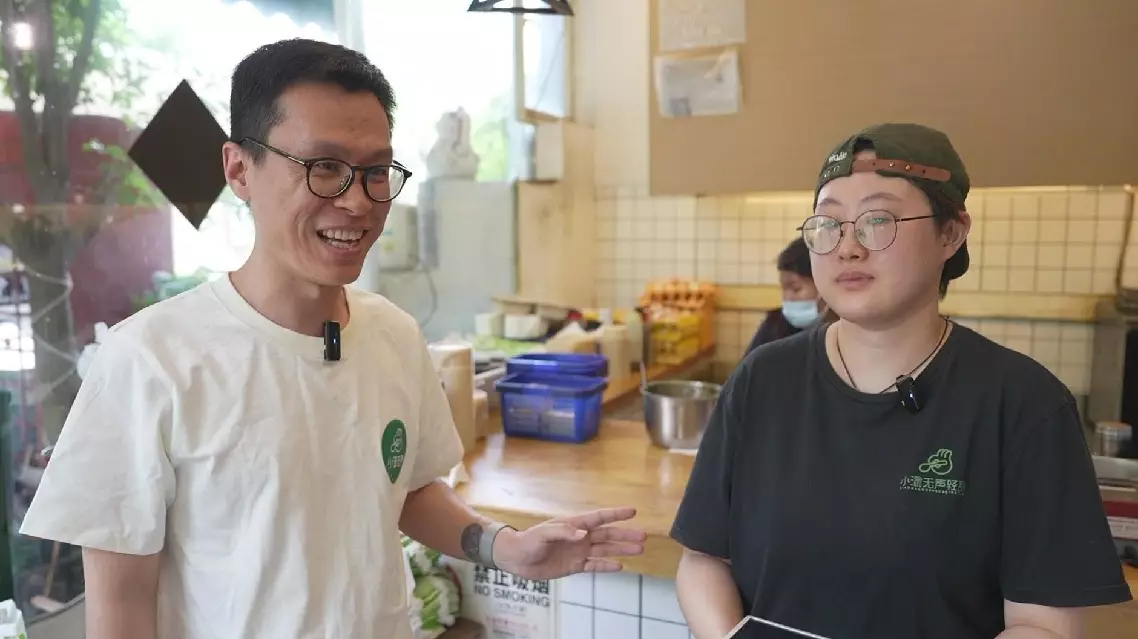Japanese Prime Minister Shigeru Ishiba on Saturday expressed his strong disappointment over a new 25 percent U.S. tariff on auto parts that took effect earlier in the day.
Ishiba told reporters that Japan will continue to urge U.S. President Donald Trump’s administration to reconsider its tariff measures.
The U.S. administration on Saturday imposed a new 25-percent tariff on imported auto components, including engines and transmissions, in another blow to Japan’s mainstay car industry which has already been slapped with the same rate of tariff on automobiles that took effect in early April.
Ishiba also said Japan is negotiating with the United States on “all” U.S. tariffs, following reports that the U.S. side is unwilling to offer exemptions on duties imposed on products such as auto and steel.
The U.S. administration told Japan in their second round of negotiations, held in Washington on Thursday, that it aims to focus mainly on reciprocal tariffs in its negotiations with Tokyo while not including duties on automobiles, steel and aluminum, Kyodo News reported, citing Japanese government sources.
Japan has no intention of striking a trade deal with the U.S. administration unless all of its new tariffs are reviewed, top negotiator Ryosei Akazawa said Saturday after he returned to Japan from the ministerial-level talks in Washington.
“We have pressed the United States to reconsider the series of tariffs and we cannot reach an agreement if that is not properly addressed in a package,” Akazawa, who is Japan’s economic revitalization minister, told reporters.
According to a Reuters report, Finance Minister Kato Katsunobu stated on the Friday that Japan’s holdings of more than one trillion U.S. Treasury bonds are one of the tools Japan can use in trade negotiations with the U.S. He emphasized that Japan holds U.S. debt not to support the U.S., but primarily to ensure sufficient liquidity to conduct yen intervention when necessary.
Reuters noted that this statement sharply contrasts with remarks made by Kato last month, when he ruled out the possibility of using Japan’s holdings of U.S. Treasuries as a bargaining chip in trade negotiations.

Japanese PM expresses ‘strong disappointment’ over US auto part tariffs

Japanese PM expresses ‘strong disappointment’ over US auto part tariffs

Japanese PM expresses ‘strong disappointment’ over US auto part tariffs
A young entrepreneur in Chengdu, southwest China’s Sichuan Province, is transforming lives by running a chain of restaurants where all staff members are hearing impaired.
Guan Shuai is the founder of Xiaomanwusheng, a restaurant chain that has become a symbol of empowerment and inclusion for the hearing-impaired community.
Founded in 2021, Guan’s seven restaurants that offer customers healthy food have provided employment to over 30 hearing-impaired individuals, offering them more than just jobs, but also dignity and purpose.
Guan was motivated to start the venture after witnessing the challenges hearing-impaired individuals face in the job market, often overlooked due to perceived communication difficulties.
“We didn’t think a lot at the beginning. We simply wanted to help some hearing impaired people around us earn a living, and to help them find employment. Our starting point was a very simple idea,” said Guan.
Today, his restaurants are staffed entirely by hearing-impaired employees from across the country who work across all departments from cooking and management to food delivery.
Customers place their orders by scanning a QR code at their tables or ordering online, making the dining experience seamless and barrier-free.
Guan is proud of his team’s performance and dedication.
“I believe they are very excellent. They have high efficiency and their own principles, which are the qualities that the food industry needs. Once the working environment is comfortable, they wouldn’t resign and they love the job,” said Guan, noting that they also work harder to share expertise with the new staff members.
For Guan, the restaurants are more than just a business. He sees them as platforms for personal growth and inclusion.
He hopes his work continues to inspire others and expand opportunities for the hearing-impaired community — not just in Chengdu, but across the nation.

Chengdu eatery chain uplifts hearing-impaired workers


AloJapan.com